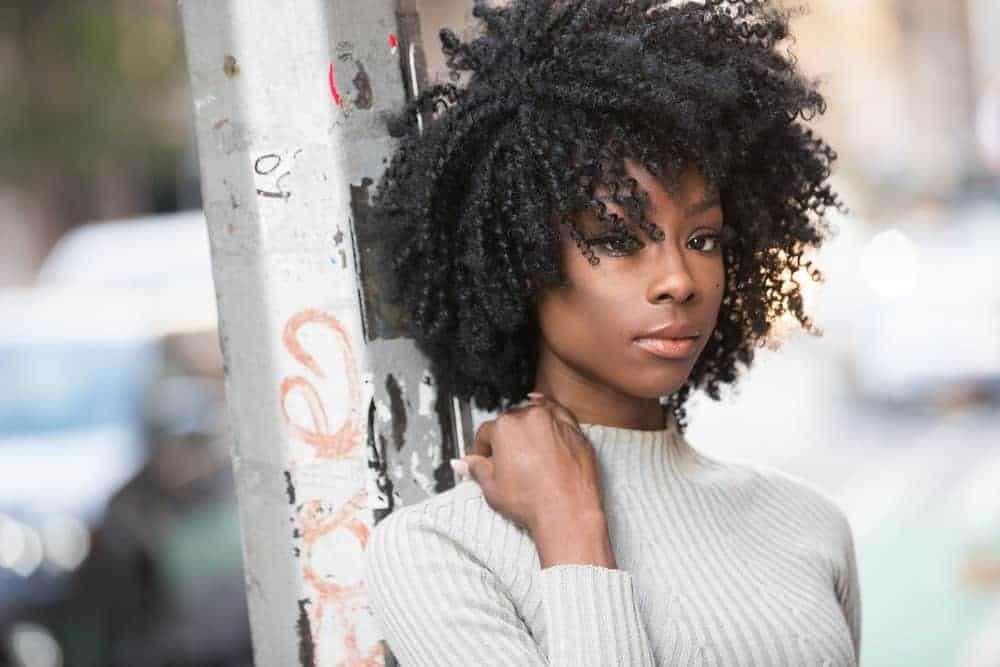
In simple terms, essential oils are compounds that are extracted from the flowers, leaves, roots, bark, and fruits of various plants. Each essential oil is unique in the aroma and the individual compounds which make up its unique formula.
Different plants have various amounts of essential oils in their cells, whose quality may be affected by climatic conditions and other unique factors that vary with each plant.
In general, plants with high oil content, like orange, mint, and eucalyptus, result in cheaper oils.
However, some delicate flowers and herbs with poor oil yield, such as chamomile, produce extremely expensive essential oils and are only found in tiny amounts in premium beauty products.
If you're interested in trying several different essential oils, Wtrcsv offers this essential oil set that includes 32 of the most popular oils. This is very popular for people that want to experiment with multiple oils without breaking the bank.
Table of Contents
- 1 How to Use Essential Oils for Hair Growth
- 2 The Benefits of Using Essential Oils
- 3 Using Essential Oils
- 4 Horsetail Plant Extract Oil Is an Alternative
- 4.1 Potential Risks and Complications
- 4.2 Related Articles
- 4.3 How Do You Mix Essential Oils for Hair Growth?
- 4.4 Can You Leave Essential Oils in Your Hair?
- 4.5 Are Pantene Essential Oils Good for Your Hair?
- 4.6 So, What Are Some of the Top Essential and Carrier Oils for Faster Hair Growth That Are Also Easily Accessible?
- 4.7 What Essential Oils Stop Facial Hair Growth?
- 4.8 How Do You Apply Essential Oils to Your Hair?
- 4.9 What Essential Oils Stimulate Hair Growth?
- 4.10 How Do You Mix Essential Oils for Hair Loss?
- 4.11 What Essential Oils Make Your Hair Smell Good?
- 4.12 Can I Spray Essential Oils on My Hair?
- 4.13 Some Final Considerations
How to Use Essential Oils for Hair Growth
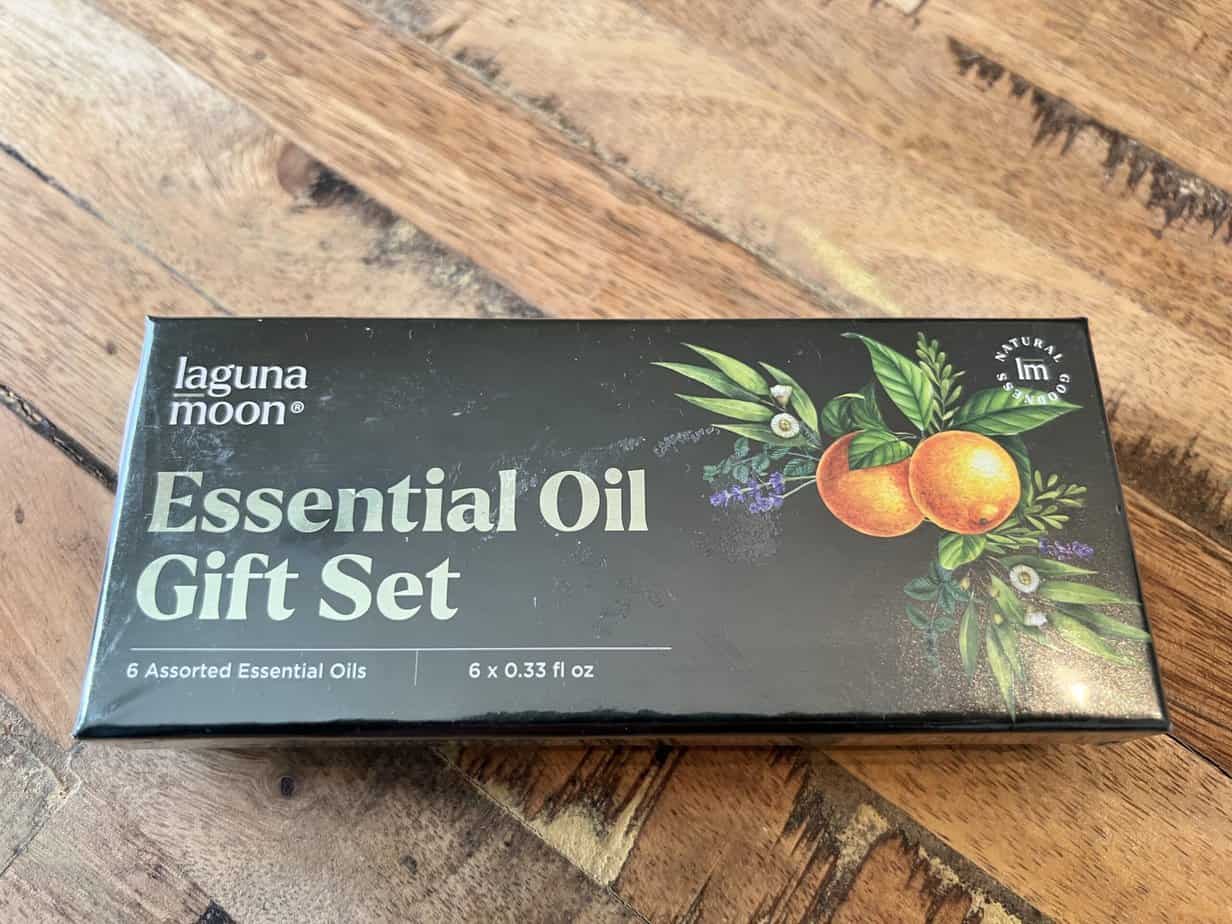
Lavender Oil
If you want to speed up your hair growth, lavender essential oil may be able to help. According to a study on mice, lavender oil promoted faster hair growth and also improved the health and appearance of the underlying skin on the mice.
Lavender oil also has antibacterial and antimicrobial properties that promote scalp health. Mix a few drops of lavender oil with 3 tablespoons of your preferred carrier oil, such as olive or coconut oil, then apply it directly to the scalp.
Leave it on for 20-30 minutes before shampooing and rinsing thoroughly. If you like the results, periodically work this process into your hair regimen.
Learn More: Benefits of Using Lavender Oil for Hair Growth
Peppermint Essential Oil
One study established that, when used on mice, peppermint oil helped improve the mice's hair growth rate. This is a result of peppermint oil's ability to boost blood circulation in the area where it's applied.
You can mix about 2 drops of peppermint oil with your preferred carrier oil, then massage it into the scalp gently. Read this article to learn more about our recommended process for using scalp massages for hair growth.
Learn More: Benefits of Peppermint Oil for Hair Growth
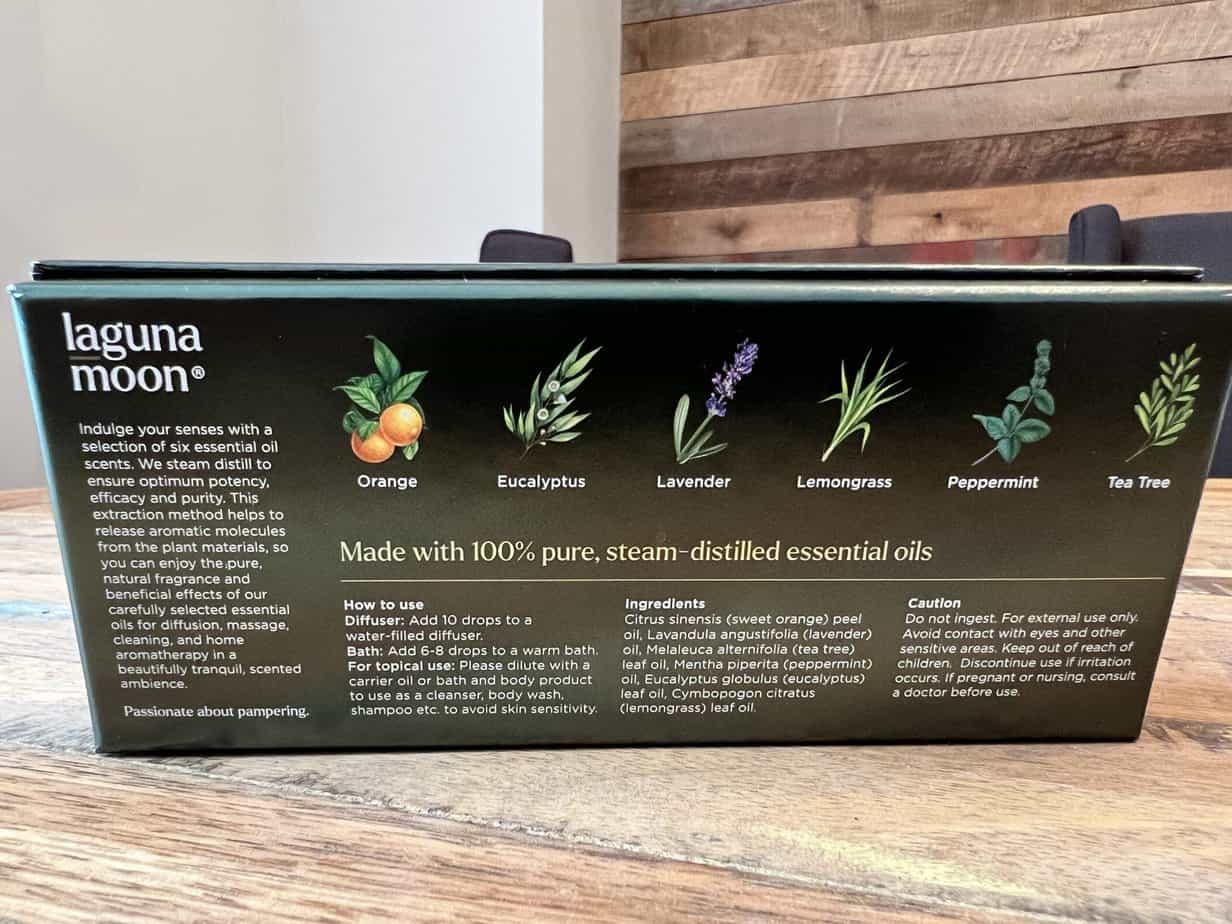
Rosemary Essential Oil
Rosemary oil is a good choice if you are looking to improve both hair growth and thickness. This is because rosemary oil has the ability to improve cellular generation.
One study showed that rosemary oil was just as effective as minoxidil in promoting hair growth but with less itching and other side effects associated with minoxidil.
Mix a few drops of rosemary oil with your favorite carrier oil and apply it to the scalp. Leave it on for about 10 minutes, then wash it out with shampoo.
Learn More: Benefits of Rosemary Oil for Hair Growth
Cedarwood Essential Oil
The main benefit of cedarwood oil is that it helps balance the oil-producing glands in your scalp, which reduces hair loss and boosts hair growth. It also has antibacterial and antifungal properties, which further reduce hair loss and mitigate dandruff.
You may not find cedarwood oil easily in grocery stores, but you can check small health food stores and online stores.
Mix several drops of cedarwood oil with 2 tablespoons of your preferred carrier oil. Massage into the scalp, leave it on for 15 minutes, then rinse it out.
Learn More: Benefits of Cedarwood Oil for Hair Growth
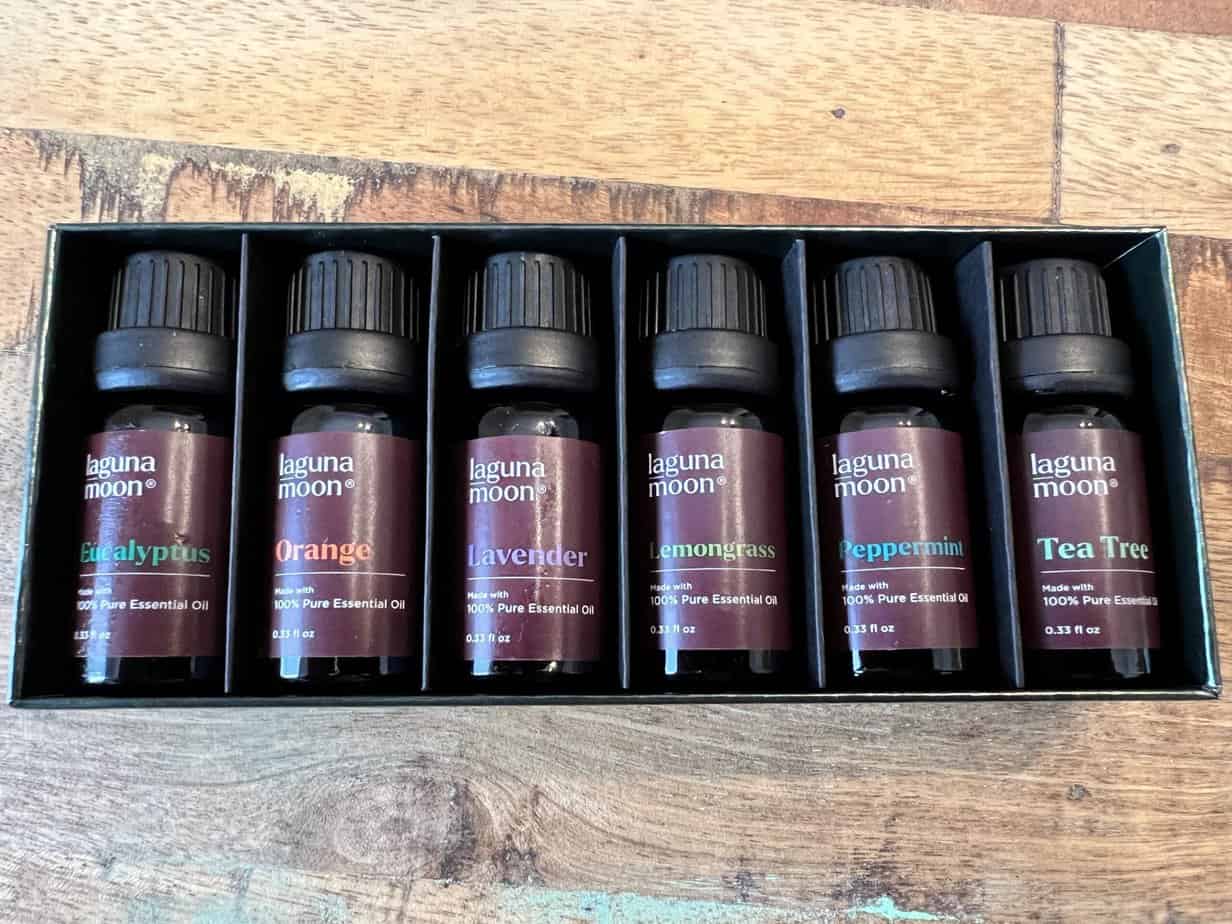
Lemongrass Essential Oil
Dandruff is a common problem that leads to a flaky and itchy scalp that no one wants. Lemongrass oil has been proven to be effective in treating dandruff, with one study finding that it reduced dandruff significantly after just a week.
Lemongrass essential oil for dandruff works best when used daily. Mix several drops of it into your shampoo and conditioner daily and massage it into your scalp before rinsing as usual.
Learn More: Benefits of Lemongrass Oil for Hair Growth
Thyme Essential Oil
Thyme oil promotes hair growth by actively preventing hair loss and stimulating the scalp. Like cedarwood essential oil, thyme oil was found to be effective in treating alopecia areata.
Thyme oil is particularly strong, so only put 2 small drops of it into your favorite carrier oil and apply it to the scalp. Leave it in for 10 minutes or so, then rinse it out thoroughly.
Learn More: Benefits of Thyme Oil for Hair Growth
Clary Sage Essential Oil
Another effective hair growth booster is clary sage oil. Just like lavender oil, clary sage oil contains linalyl acetate, which helps promote hair growth. It also improves your hair's strength reducing hair breakage.
Mix about 3 drops of clary sage essential oil with your preferred conditioner or with one tablespoon of carrier oil.
If you use it daily, leave it on for just 2 minutes, then rinse thoroughly. If you're using it once or twice a week, leave it in for 10 minutes max.
Learn More: Benefits of Clary Sage Oil for Hair Growth
Tea Tree Oil
This is a common ingredient in most well-respected hair products. Tea tree oil is packed with powerful cleansing, antimicrobial and antibacterial properties.
Studies suggest that tea tree oil helps unplug hair follicles which can increase hair growth. Other studies show that it can also be used as an anti-dandruff treatment.
Tea tree essential oil comes in different concentrations, so you should follow the manufacturer's instructions when using it.
Mix about 10 drops of tea tree oil into your regular shampoo or conditioner and use it every day. You can also mix about 3 drops of tea tree oil with 2 tablespoons of carrier oil, then massage it into your scalp before washing it out.
Learn More: Benefits of Using Tea Tree Oil for Hair Growth
Ylang-Ylang Essential Oil
If you already have oily skin and hair, you might want to skip this essential oil. Ylang-ylang oil works best for those with dry scalps as it promotes sebum production. Ylang-ylang oil also helps reduce hair breakage.
Mix 5 drops of ylang-ylang essential oil with 2 tablespoons of your preferred carrier oil while warm. Massage it gently into your scalp, then wrap your head with a warm towel.
Leave it on for about 30 minutes, then rinse it off thoroughly. You can also find some commercial shampoos and creams infused with ylang-ylang oil.
Learn More: Benefits of Using Ylang-Ylang Oil for Hair Growth
The Benefits of Using Essential Oils
Stimulate Hair Growth with Essential Oils
A lot of people who suffer from hair loss turn to topical hair loss products or hair replacement surgery in hopes of regaining a full head of hair.
Before trying any of these methods, you should first address the root cause of your hair loss, whether it's by adding moisture, fighting inflammation, or boosting circulation.
This is where essential oils (like olive oil, jojoba oil, almond oil, etc.) become extremely useful. The amazing thing about these oils is that you usually only need a few drops to enjoy the benefits.
You don't necessarily have to use commercial products that might include harmful chemicals to promote hair growth or mitigate hair loss. Instead, you can use essential oils like cedarwood or rosemary oil topically to mitigate hair loss and boost regrowth.
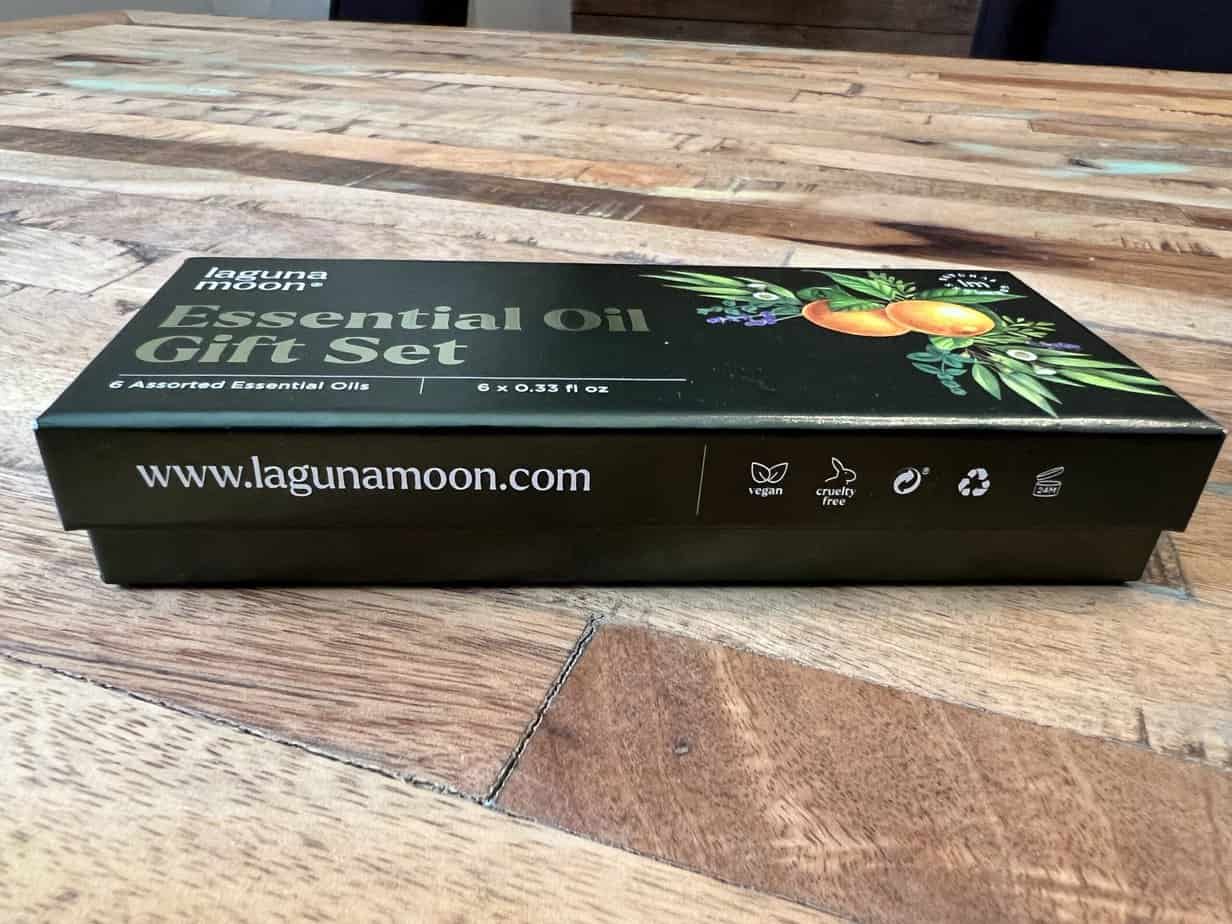
Eliminate Dandruff with Oils
Dandruff is a widespread scalp issue that affects nearly 50% of the population. It is caused by a buildup of dead skin or, in severe cases, a fungal infection on the scalp.
It may also be caused by certain hair care products with harmful chemical ingredients.
The moisturizing and healing properties of essential oils such as lemongrass or lavender oil can help you eliminate dandruff naturally, relieving issues like an itchy or flaky scalp.
Nourish Your Hair and Scalp
A lot of people buy hair products designed to make their hair look shinier, smoother, or straighter.
What they don't realize is that many of those products (especially hair relaxers and coloring treatments) are full of chemicals that could be doing more harm than good.
For instance, some keratin treatment contains harmful ingredients such as formaldehyde, which is a known human carcinogen.
Instead of using potentially harmful hair products, we recommend using gentle products, like essential oils, without the potentially harmful side effects.
The soothing, hydrating, and anti-inflammatory properties of essential oils are a rich natural source of nourishment that your hair needs.
Prevent Oily Hair with DIY Home Remedies
The sebaceous glands are responsible for regulating hydration levels on your hair and scalp. This is what gives your hair that beautiful shine, but when the glands produce excess oil, it can leave your hair looking greasy even after a thorough washing.
Essential oils such as peppermint oil can help control sebum production to leave your hair feeling moisturized and oil-free.
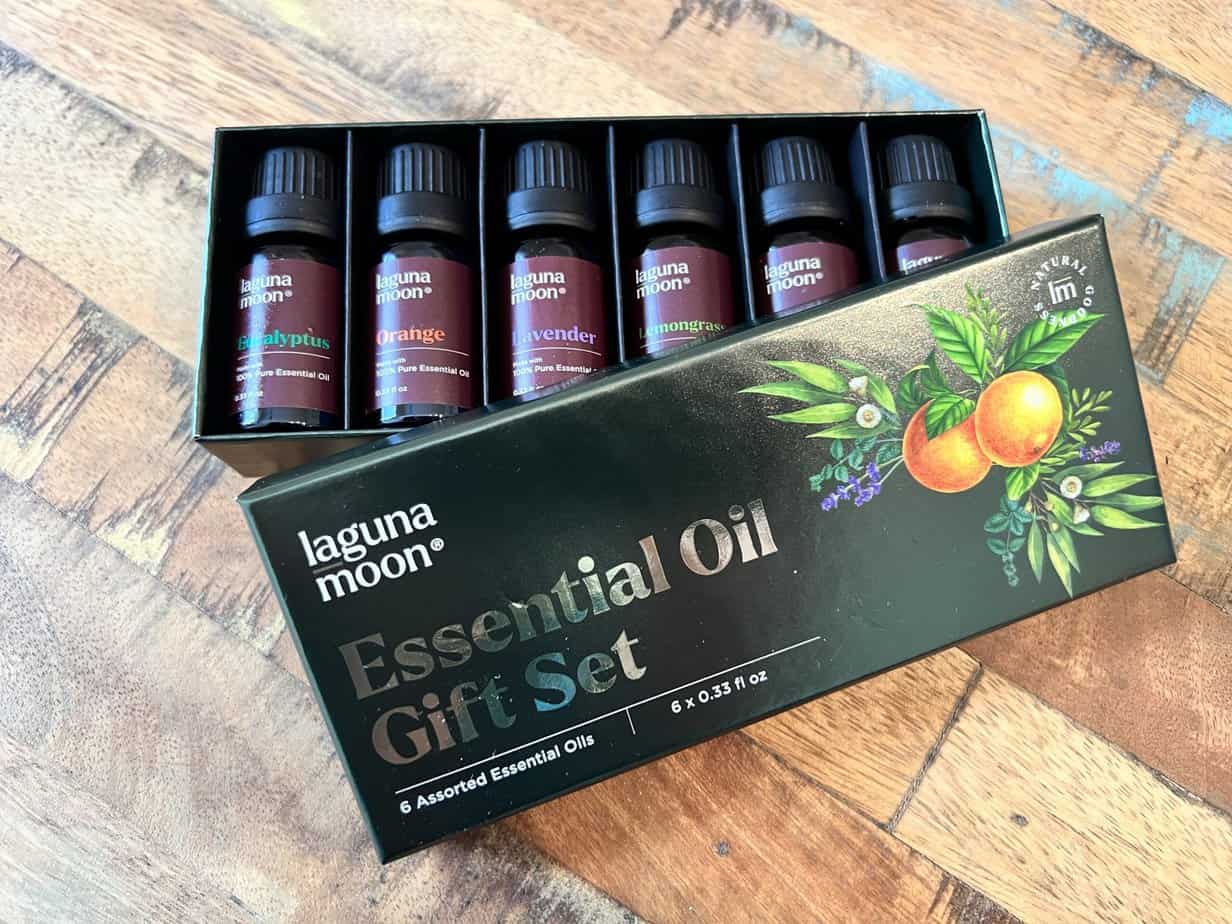
Balance Hormones and Relieve Stress to Mitigate Hair Loss
According to research, there's a correlation between hair loss and conditions like hormone imbalance and stress. Stress triggers inflammation and induces hair follicle regression prematurely, leading to hair loss.
Simply diffusing stress-relieving and calming essential oils such as lavender or clary sage oils can reverse hair loss.
The Extraction Process
There are several ways in which essential oils are obtained. The most popular method is steam distillation, where steam is passed through plant material, such as leaves or flower petals.
Once the steam condenses, the essential oil in the plant rises to the surface, where it can be separated and collected.
The most expensive flower essential oils, such as jasmine absolute and rose absolute, are obtained through the solvent extraction method so as not to destroy the delicate petals.
The solvent extraction method uses a solvent like methanol to extract the odorous material in the plant. The yield from this method is quite low, which explains why they are usually more expensive.
For instance, 220 pounds of petals can only produce 17 fluid ounces of essential oil.
Other oils are sold in dilution, so it is vital to check the dosage details of the oils you buy. Jasmine, chamomile, and rose essential oils are usually sold as blended versions in carrier oils.
Using Essential Oils
Yes, essential oils have many health benefits, but only when used correctly. Essential oils are made up of potent ingredients that should be handled with care.
You should never apply them to your skin while undiluted, as they can cause allergic reactions. They should also never be used in eye products.
Additionally, some essential oils can be dangerous to pregnant and breastfeeding women. Before you start using them, you should consult your doctor.
Since essential oils are expensive, you should carefully consider the products you buy. You don't necessarily need a large collection of essential oils; a few well-chosen oils can usually cover your needs.
However, if you love trying new hair products (including new oils) just ignore the previous statement and freely experiment to your heart's content.
The following are the main categories of essential oils. We generally like to make sure to have at least one oil from each group:
- Flower oils, such as rose, jasmine, neroli, and ylang-ylang.
- Citrus oils, such as orange, lime, lemon, grapefruit, and lemongrass.
- Woody, resinous oils such as cinnamon.
- Leaves and herbs, such as rosemary, peppermint, spearmint, juniper, and cypress.
Storage
You should store essential oils either in blue or amber glass bottles or in small metallic canisters with tight lids to protect them from oxidation and excessive light exposure.
To maximize the shelf life of essential oils, you should keep them in a cool, dry place hidden from direct sunlight.
Horsetail Plant Extract Oil Is an Alternative
If you're interested in an alternative to traditional essential oils, many people use horsetail plant extract oil. It's actually often confused by many as an essential oil.
While there's minimal research on how effective horsetail plant oil is, a 2015 study showed that oral horsetail plant oil tablets improved hair growth in women suffering from thinning hair.
Anecdotal evidence also suggests that topical application of horsetail plant extract oil can boost circulation to your scalp.
The oil contains silica, which is thought to improve the hair's strength, promote hair growth, and reduce dandruff.
Potential Risks and Complications
The biggest risk associated with using essential oils is allergic reactions and skin irritation. This can happen particularly when the oil is applied directly to sensitive skin.
To avoid this, you should always dilute essential oils with carrier oils before application. You should also do a patch test to see how your skin responds to the oil before using the oil extensively.
Skin Irritation Symptoms May Include:
- burning, discomfort, and painful tingling
- contact dermatitis
- redness in affected areas
Signs of Allergic Reactions May Include:
- blistering rashes
- severe dermatitis
- swelling of the tongue
- narrowing of the throat
- difficulty breathing
Essential oils should only be used topically by adults and young adults. Before using any essential oil on younger children, please consult a pediatrician.
- How to Use Geranium Oil for Hair Growth
- Sandalwood Essential Oil for Hair Growth
- How to Use Bergamot Oil for Hair Growth
- How to Make Lemon Oil for Hair Growth
How Do You Mix Essential Oils for Hair Growth?
Choose one or more oils, such as rosemary or lavender, and a carrier oil like coconut, jojoba, or argan oil. The ratio should be around 10-12 drops of essential oil per 1oz of carrier oil. Mix them in a small bowl or bottle, apply them to your scalp and hair, and leave them on for at least 30 minutes before washing.
Can You Leave Essential Oils in Your Hair?
It depends on the essential oil and the individual's hair and scalp condition. In general, you should leave the oils on for at least 30 minutes before washing them out. However, some people may choose to leave the oils on for longer, or even overnight, allowing them to deeply penetrate the hair and scalp.
Are Pantene Essential Oils Good for Your Hair?
Some people find that Pantene's essential oil products provide benefits like increased moisture, reduced breakage, and improved hair texture. But, others may find that they don't work well for their hair or may even cause irritation or other negative effects. Whether or not they are good for your hair depends on your hair type and your hair care routine.
So, What Are Some of the Top Essential and Carrier Oils for Faster Hair Growth That Are Also Easily Accessible?
Rosemary, peppermint, and lavender essential oils promote hair growth by increasing circulation, reducing inflammation, and balancing the scalp. Coconut, jojoba, and castor oils moisturize, strengthen, and prevent breakage. These oils are easy to find - you can even order them online. They can be used alone or in combination, but it's important to dilute the essential oils in a carrier oil.
What Essential Oils Stop Facial Hair Growth?
While some essential oils may have hair growth-inhibiting properties, they haven't been proven to reduce or stop facial hair growth. There is limited scientific evidence. However, some individuals may use essential oils such as lavender, tea tree, and eucalyptus to reduce the appearance of facial hair or to soothe skin irritation caused by hair removal.
How Do You Apply Essential Oils to Your Hair?
To apply essential oils to your hair, you can dilute them in a carrier oil and massage the mixture into your scalp, make a hair mask by combining essential oils with other ingredients, add a few drops to your shampoo or conditioner, or make a hair spritz by combining essential oils with water.
What Essential Oils Stimulate Hair Growth?
Rosemary, peppermint, lavender, cedarwood, and tea tree essential oils stimulate hair growth. This is because they promote healthy hair by improving scalp health, increasing blood circulation, and balancing oil production. However, essential oils should always be diluted in a carrier oil, and a patch test should be done to avoid allergic reactions.
How Do You Mix Essential Oils for Hair Loss?
To mix essential oils for hair loss, combine a few drops of the essential oil with a carrier oil such as jojoba, coconut, or argan oil. Mix 2-3 drops of each essential oil in a tablespoon of carrier oil. Massage the blend onto the scalp and leave it on for at least 30 minutes or overnight before washing it out.
What Essential Oils Make Your Hair Smell Good?
There are several essential oils that can make your hair smell good. For example, Geranium oil has a sweet, floral scent that can leave your hair smelling feminine and elegant. Ylang-ylang oil has a sweet, floral scent that makes your hair smell exotic and romantic. Lavender oil also smells very floral and fresh, and it's known to be relaxing.
Can I Spray Essential Oils on My Hair?
You can spray essential oils on your hair, but dilute the oils in water or a carrier oil before doing so. Undiluted essential oils are too strong for your scalp and could cause irritation. To make a hair mist with essential oils, combine a few drops of your favorite essential oils with water in a spray bottle.
Some Final Considerations
Essential oils can help improve your hair's appearance and strength without the harmful side effects associated with commercial hair products.
They're also quite easy to use. Add essential oils to your hair care routine to stimulate blood flow, hair growth, stronger hair strands and to add a dazzling shine!




